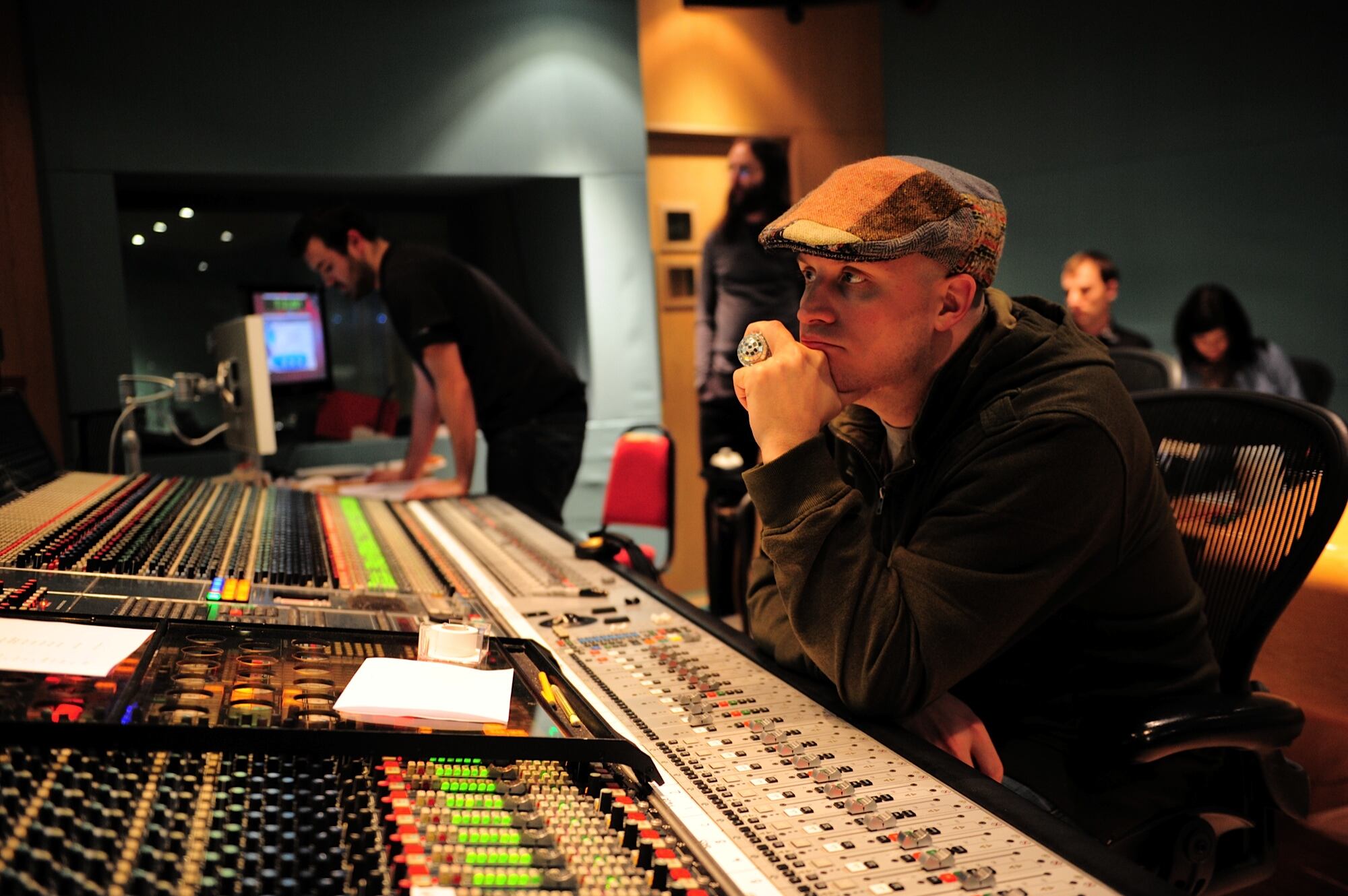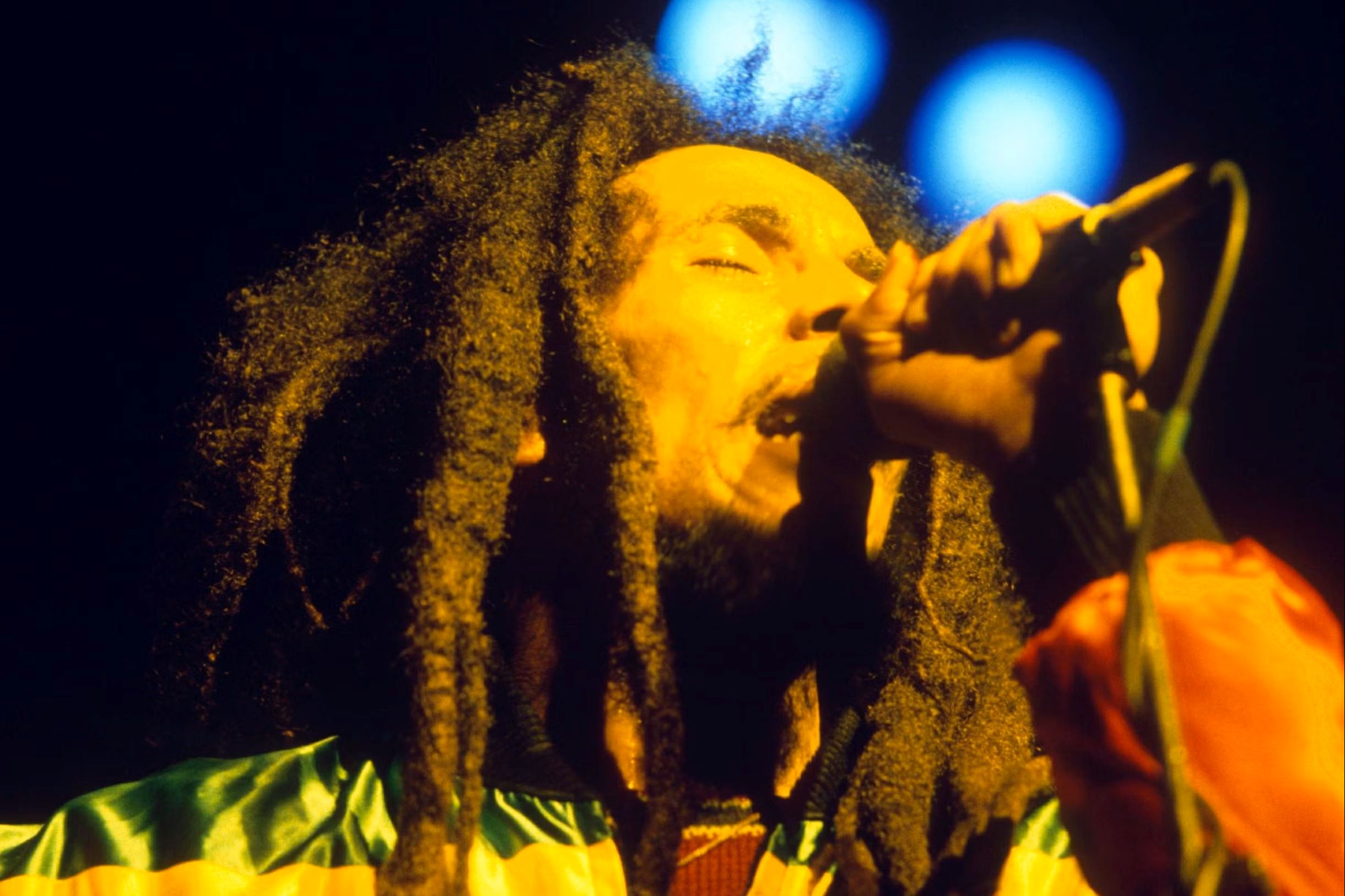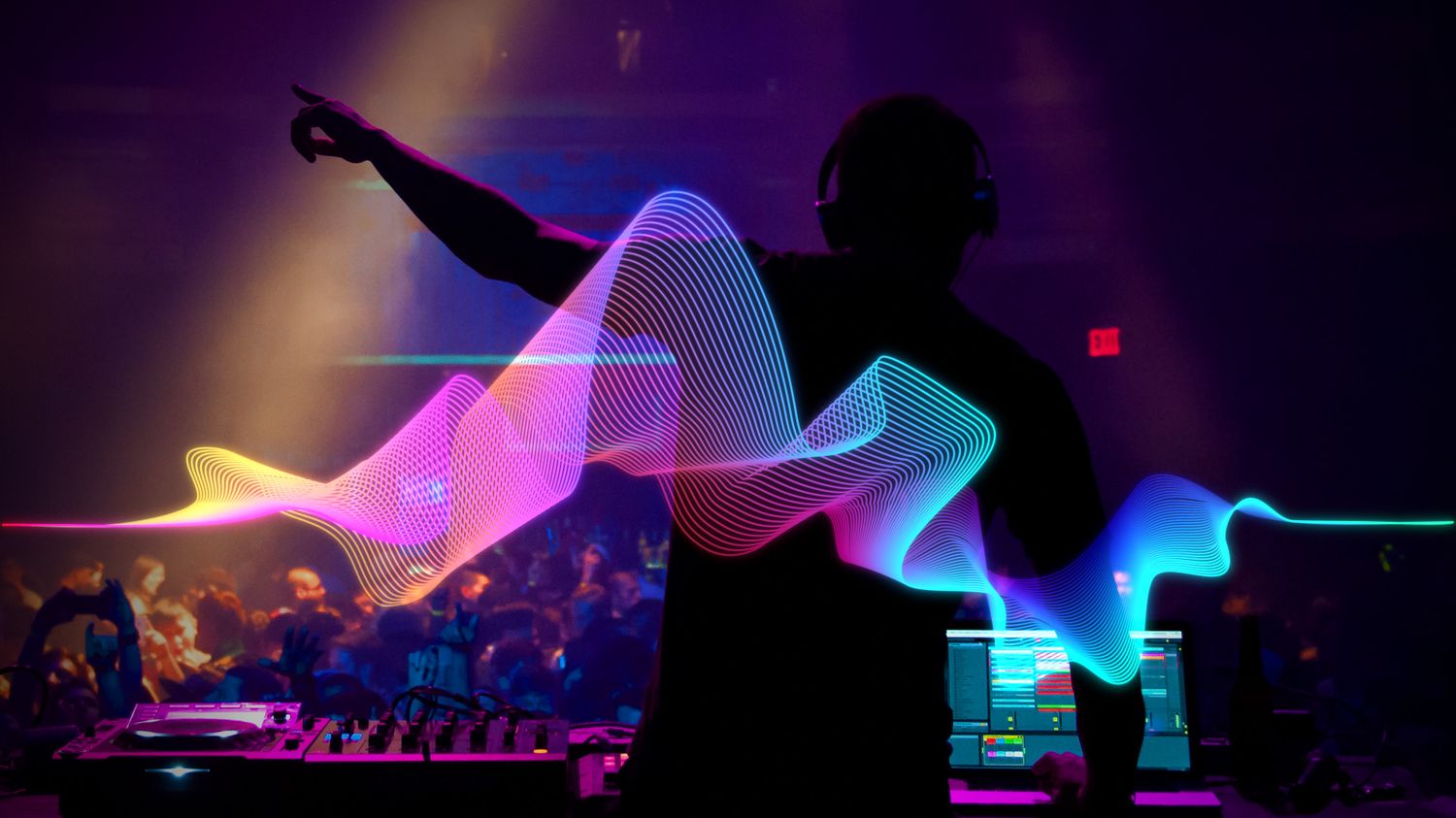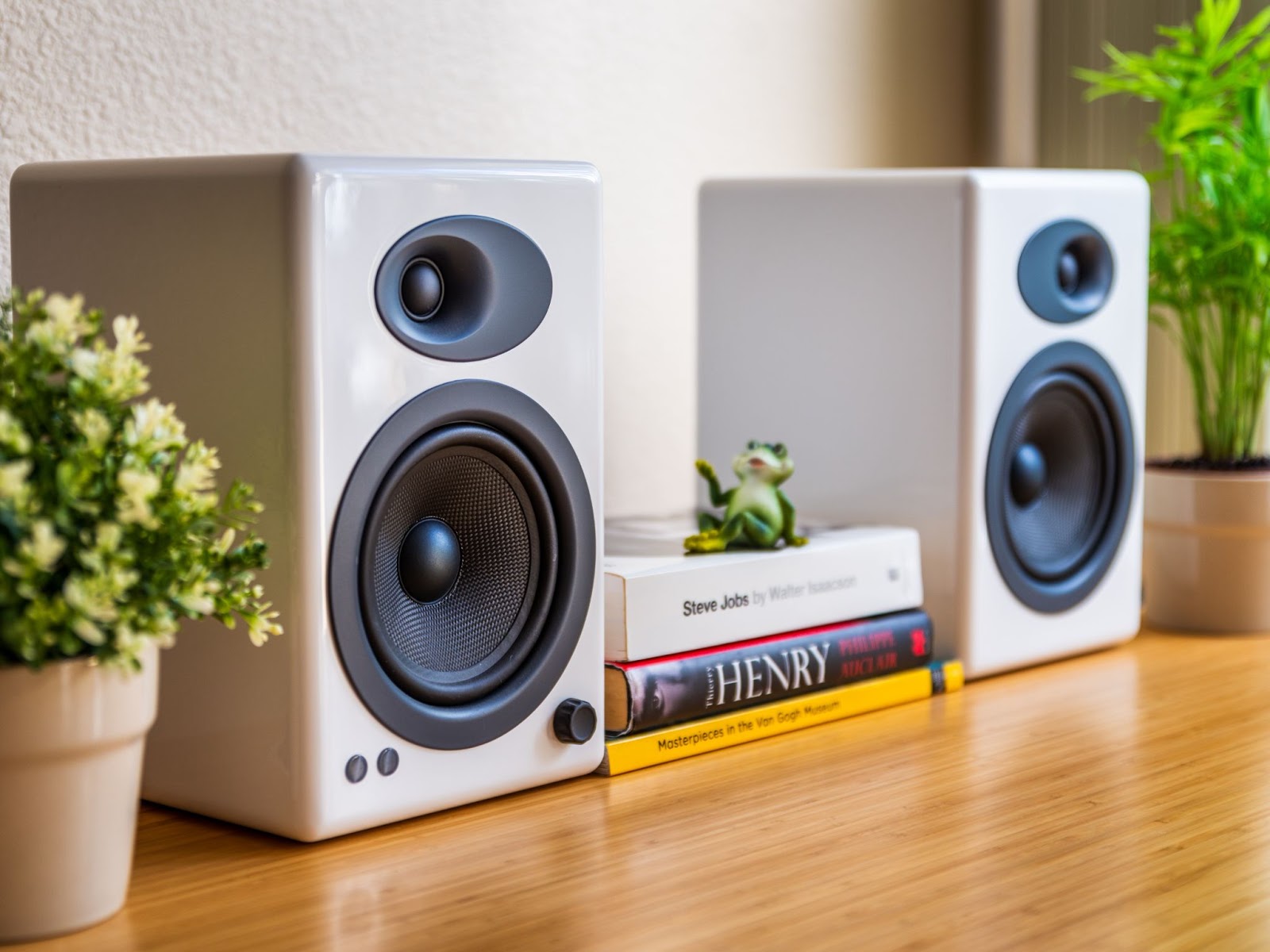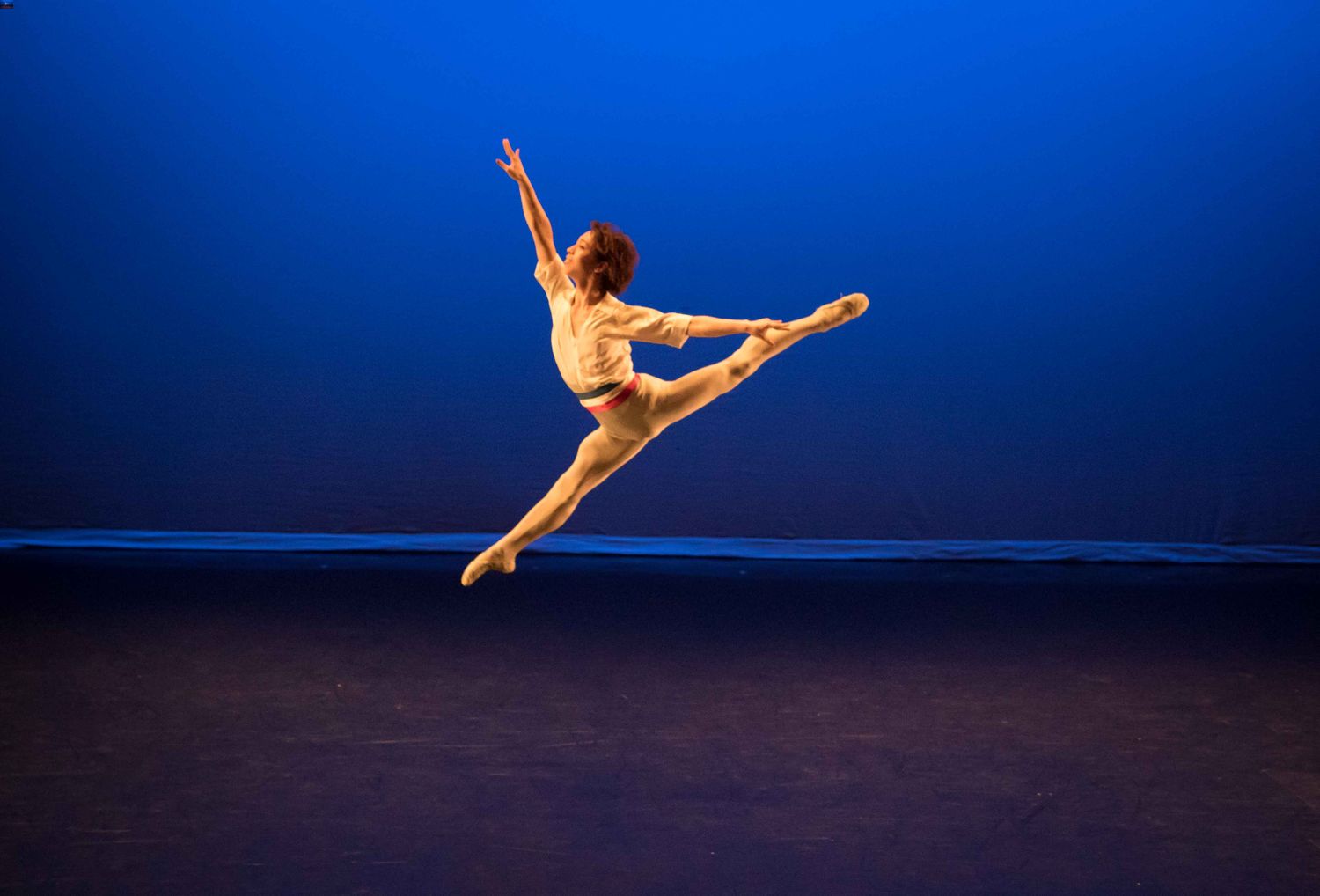Home>Devices & Equipment>Microphone>What Does Dropping A Microphone Mean
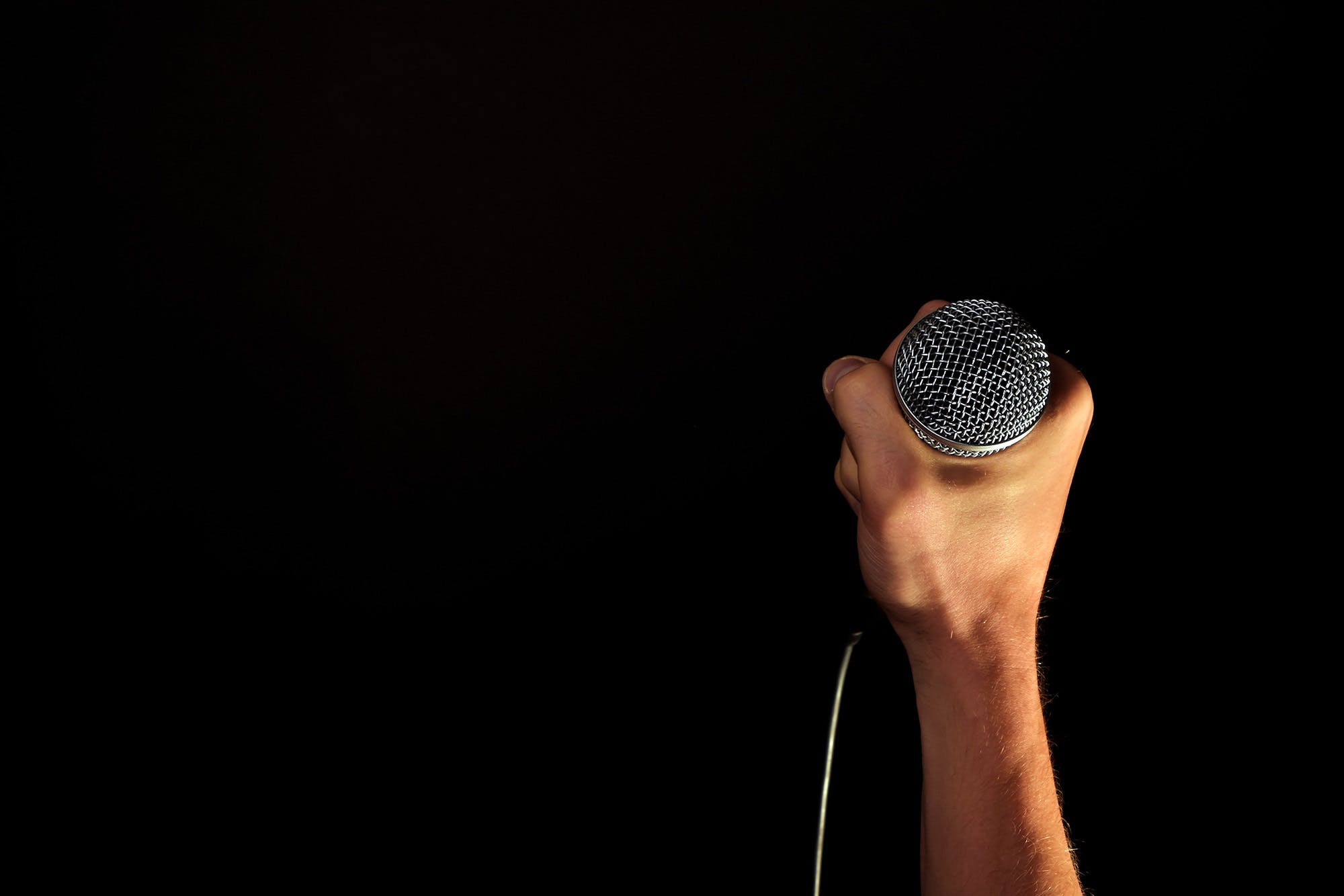

Microphone
What Does Dropping A Microphone Mean
Published: February 17, 2024
"Understanding the symbolism of dropping a microphone and its cultural significance. Learn about the impact of microphone moments in history and pop culture."
(Many of the links in this article redirect to a specific reviewed product. Your purchase of these products through affiliate links helps to generate commission for AudioLover.com, at no extra cost. Learn more)
Table of Contents
Introduction
The act of dropping a microphone, often accompanied by a bold statement or performance, has become a ubiquitous symbol of confidence and finality in popular culture. From music stages to comedy clubs, and even political debates, the mic drop has transcended its original purpose and evolved into a powerful gesture with profound symbolism. This article delves into the history, symbolism, and cultural impact of dropping the mic, shedding light on its significance in various contexts.
The mic drop is not merely a physical action; it carries with it a wealth of meaning and emotion. Understanding its origins, implications, and misconceptions is essential to appreciating its role in modern communication and expression. As we explore the history and cultural resonance of the mic drop, we will uncover the layers of symbolism and the ways in which this gesture has left an indelible mark on entertainment, rhetoric, and everyday interactions. Whether it's a display of triumph, a moment of defiance, or a comedic punctuation, the mic drop has secured its place as a potent symbol in the collective consciousness.
History of Dropping the Mic
The origins of the mic drop can be traced back to the world of music and performance. Early instances of dropping the microphone can be found in the hip-hop and stand-up comedy scenes of the 1980s. Hip-hop artists, known for their commanding stage presence and lyrical prowess, would punctuate their performances by dropping the microphone after delivering a particularly powerful verse or statement. This action served as a bold declaration of confidence and dominance, signaling the end of a performance with an exclamation point.
In the realm of comedy, the mic drop became a signature move for comedians, adding a theatrical flair to their punchlines and concluding their sets with a memorable visual and auditory impact. The act of dropping the mic was not only a dramatic flourish but also a testament to the comedian’s self-assurance and the audience’s enthusiastic reception.
As the mic drop gained traction in live performances, it also found its way into film, television, and literature, further cementing its status as a symbol of assertion and finality. The iconic mic drop scene in the 1992 film “CB4” and its subsequent parodies contributed to the popularization of the gesture beyond the confines of the entertainment industry.
With the advent of social media and viral content, the mic drop transcended its origins and became a widely recognized symbol of triumph and unapologetic confidence. Its impact extended beyond the stage and screen, permeating everyday conversations and online discourse, where individuals would metaphorically “drop the mic” to emphasize a point, assert their stance, or celebrate a personal victory.
As the mic drop continues to permeate popular culture, its history reflects a journey from a spontaneous gesture of bravado to a universal emblem of assertion and finality, resonating across diverse forms of expression and communication.
Symbolism of Dropping the Mic
The act of dropping the mic carries profound symbolism that transcends its literal interpretation. At its core, the mic drop embodies a declaration of confidence, authority, and the unequivocal assertion of one’s message. By releasing the microphone and allowing it to fall to the ground, the individual performing the mic drop communicates a sense of finality, signaling that their statement or performance stands unchallenged and requires no further elaboration.
Furthermore, the mic drop serves as a visual exclamation point, amplifying the impact of the preceding words or actions. It punctuates a moment of triumph, defiance, or unapologetic self-assurance, leaving an indelible impression on the audience. Whether on stage, in a debate, or in everyday conversation, the mic drop elevates the speaker’s words to a crescendo, leaving a lasting resonance that lingers in the minds of those who witness it.
Beyond its role as a display of confidence, the mic drop also embodies a sense of liberation and empowerment. By relinquishing the microphone, the individual symbolically sheds the constraints of expectation and judgment, embracing their unfiltered and unapologetic self-expression. This liberation is not only a personal assertion but also a communal affirmation, resonating with audiences who recognize and celebrate the unbridled authenticity and conviction behind the mic drop.
Moreover, the mic drop symbolizes the reclaiming of agency and control. In a world where voices are often silenced or marginalized, the act of dropping the mic asserts a reclaiming of the narrative and a refusal to be silenced or dismissed. It represents a bold assertion of presence and significance, demanding to be heard and acknowledged on one’s own terms.
As the mic drop continues to permeate various facets of culture, its symbolism evolves and adapts to new contexts, resonating with individuals who seek to assert themselves, celebrate their victories, and leave an enduring mark on the world around them.
Cultural Impact of Dropping the Mic
The cultural impact of the mic drop extends far beyond its origins in music and comedy, permeating various facets of contemporary society and communication. This iconic gesture has transcended its initial domains and become a symbol of assertion, triumph, and unapologetic confidence, leaving an indelible mark on popular culture, social discourse, and digital communication.
In the realm of entertainment, the mic drop has become a ubiquitous trope, featured in films, television shows, and live performances across genres. Its inclusion in scripted and improvised scenes underscores its status as a visual and auditory punctuation mark, heightening the impact of pivotal moments and dialogue. Furthermore, its adoption by musicians, actors, and public figures has amplified its cultural resonance, solidifying its place as a symbol of commanding presence and unwavering conviction.
Beyond entertainment, the mic drop has permeated social and political spheres, where it serves as a potent symbol of rhetorical prowess and assertiveness. In debates, speeches, and public addresses, the deliberate or metaphorical mic drop punctuates compelling arguments, impassioned declarations, and moments of unequivocal clarity. This gesture resonates with audiences, encapsulating the essence of bold and decisive communication that demands attention and respect.
Moreover, the digital age has propelled the mic drop into the realm of online discourse and social media. Embraced as a meme, GIF, and viral trend, the mic drop has become a visual shorthand for triumph, assertion, and the celebration of personal victories. Its widespread use in digital communication underscores its enduring relevance and its ability to transcend linguistic and cultural barriers, resonating with individuals across diverse backgrounds and communities.
As a cultural phenomenon, the mic drop embodies the spirit of unapologetic self-expression and the refusal to be silenced or diminished. Its impact extends beyond entertainment and rhetoric, empowering individuals to assert themselves, celebrate their achievements, and leave an unmistakable mark on the world around them. The mic drop’s cultural legacy continues to evolve, inspiring confidence and commanding attention in an ever-changing landscape of communication and expression.
Misconceptions about Dropping the Mic
While the mic drop has become a pervasive symbol of confidence and finality, it is not immune to misconceptions and misinterpretations. One common misconception is the belief that the mic drop is solely an act of arrogance or disrespect. In reality, the gesture often conveys a sense of triumph, empowerment, and unapologetic self-expression, rather than mere brashness or insolence.
Another misconception surrounding the mic drop is the notion that it is a recent phenomenon driven solely by contemporary popular culture. In truth, the roots of the mic drop can be traced back to the 1980s, where it originated in the realms of hip-hop and stand-up comedy. Its evolution and widespread adoption over the decades have solidified its status as a timeless symbol of assertiveness and commanding presence.
Furthermore, there is a misconception that the mic drop is always a deliberate and premeditated action. While it is often employed as a calculated punctuation mark in performances, debates, and speeches, the spontaneous and impromptu nature of the mic drop is integral to its impact. Whether planned or spontaneous, the mic drop serves as a visceral and unambiguous declaration, amplifying the message it accompanies.
Additionally, some may misconstrue the mic drop as a gesture exclusive to specific demographics or cultural spheres. However, its widespread adoption across music, comedy, film, politics, and digital communication underscores its universal appeal and resonance. The mic drop transcends boundaries of age, gender, and background, speaking to the shared human desire for assertion, celebration, and unfiltered expression.
It is essential to dispel these misconceptions and recognize the multifaceted nature of the mic drop as a symbol of empowerment, triumph, and unapologetic self-assurance. By understanding its historical roots, cultural impact, and diverse applications, we can appreciate the depth and significance of the mic drop as a timeless and resonant gesture in contemporary communication and expression.
Conclusion
The mic drop, with its rich history, profound symbolism, and far-reaching cultural impact, stands as a testament to the enduring power of expression and assertion. What began as a spontaneous gesture in the realms of hip-hop and stand-up comedy has evolved into a universal symbol of confidence, triumph, and unapologetic self-assurance. Its resonance extends beyond entertainment, permeating social, political, and digital spheres, where it serves as a visual and auditory punctuation mark for moments of clarity, triumph, and unwavering conviction.
At its core, the mic drop embodies liberation, empowerment, and the reclamation of agency and control. It transcends misconceptions and stereotypes, speaking to the shared human desire to assert oneself, celebrate victories, and leave an enduring mark on the world. Its cultural legacy continues to evolve, inspiring individuals to embrace their unfiltered authenticity and communicate with unyielding clarity and impact.
As we navigate an ever-changing landscape of communication and expression, the mic drop remains a timeless symbol that resonates across diverse contexts and communities. Its ability to punctuate moments of significance, amplify messages, and empower individuals to stand boldly in their truth underscores its enduring relevance in an evolving cultural tapestry. Whether on stage, in digital conversations, or in the annals of popular culture, the mic drop stands as a resounding declaration of presence, triumph, and unapologetic self-expression.
Ultimately, the mic drop serves as a reminder that our voices, our truths, and our moments of triumph deserve to be celebrated, asserted, and heard. It embodies the unyielding spirit of human expression, leaving an indelible imprint on the collective consciousness and inspiring individuals to embrace their narratives with unwavering confidence and clarity. In a world brimming with noise and competing voices, the mic drop stands as a bold declaration, commanding attention and celebrating the unequivocal power of unfiltered, unapologetic self-expression.


